
Are you an academic, researcher or PhD candidate who would like to build a media profile and take your research to a global public audience by writing for The Conversation?
The Conversation is a news analysis and opinion website with content written by academics working with professional journalists. It is an open access, independent media charity funded by more than 80 UK and European universities.
In this interactive session we’ll take you through what The Conversation is – our origins and aims; what we do and why.
We’ll look at why you should communicate your research to the public and take you through The Conversation’s unique, collaborative editorial process.
We’ll give you tips on style, tone and structure (with examples), look at how to pitch (with examples) and look at different approaches and article types.
You will have the opportunity to discuss your research with a Conversation editor and pitch potential story ideas.
*Note the session takes place on Zoom and we expect you to turn your camera on.
Benefits of attending
- Find out how to join a community of academic authors taking their expertise outside the institution
- Understand what makes a good story and the types of articles your expertise could generate
- Learn the skills of journalistic writing and how to make your writing accessible and engaging to a diverse general audience
- Meet one of The Conversation’s editors and learn how we commission articles
To get the most out of your time with the editor, come prepared:
- Read some articles on The Conversation to get a sense of what we publish
- Think about the sort of pieces you might potentially write, what aspects of your research might interest people, and come armed with ideas.
There are a limited number of places for this session. If you sign up and then are no longer able to attend, please cancel your registration so that your place can be re-allocated to a colleague on the waiting list.


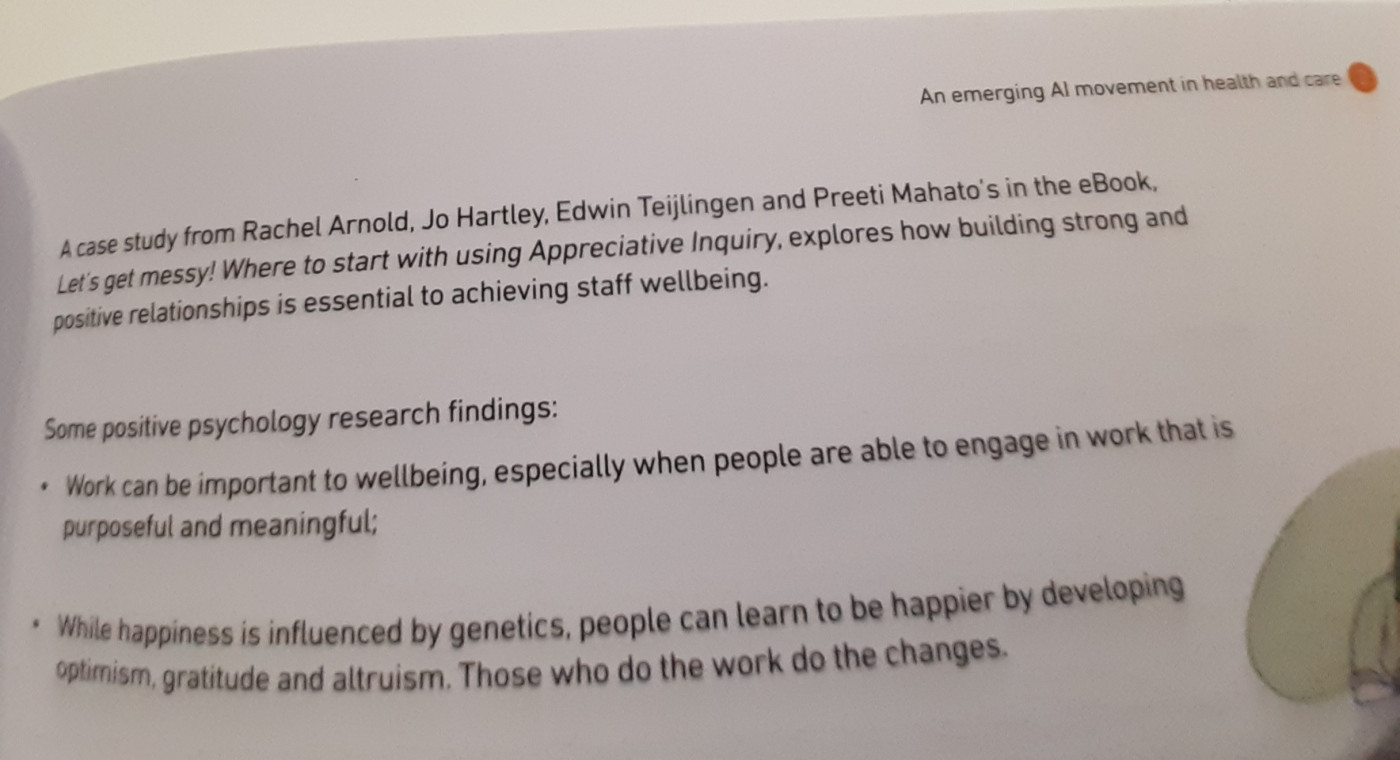
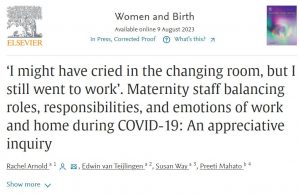
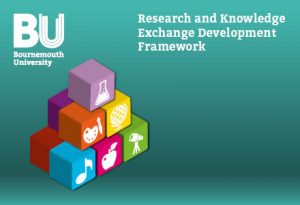 Research Leadership: Leading the Development of a Project for Funding
Research Leadership: Leading the Development of a Project for Funding
 Anatomy of an Impact Case Study
Anatomy of an Impact Case Study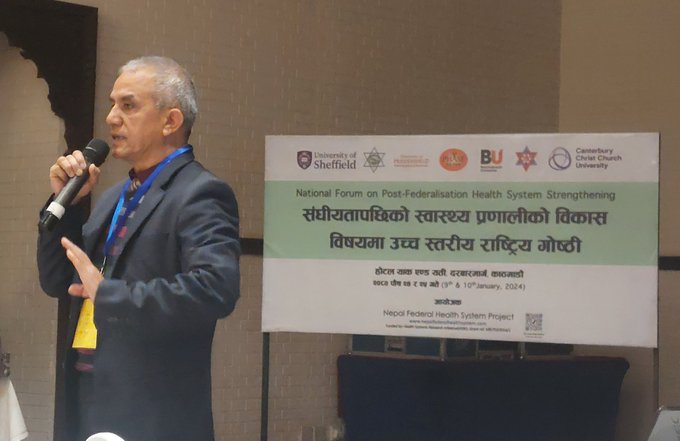
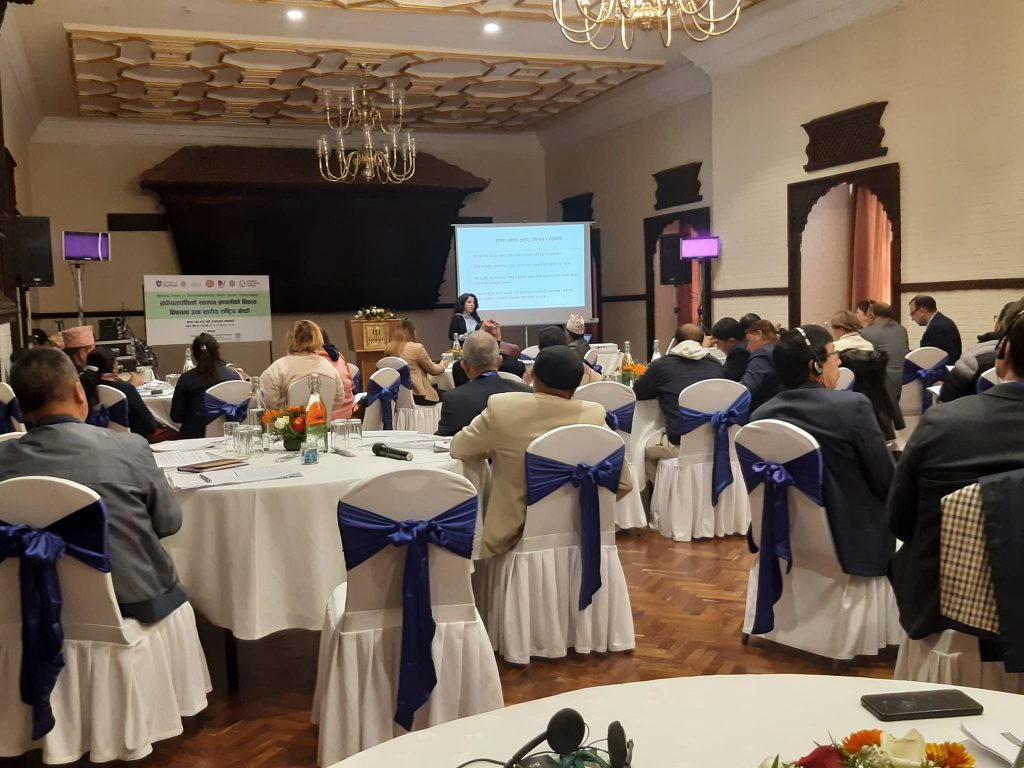
 Nick Malden has more than 18 years’ experience in intellectual property specialising in patents, in particular those concerned with electronics, physics, materials, medical devices, and software. Prior to joining D Young & Co he was a research associate at Manchester University, though based at the Deutsches Elektronen-Synchrotron (DESY), in Hamburg, Germany, where his research included searches for exotic particle production in positron-proton and electron-proton collisions.
Nick Malden has more than 18 years’ experience in intellectual property specialising in patents, in particular those concerned with electronics, physics, materials, medical devices, and software. Prior to joining D Young & Co he was a research associate at Manchester University, though based at the Deutsches Elektronen-Synchrotron (DESY), in Hamburg, Germany, where his research included searches for exotic particle production in positron-proton and electron-proton collisions.










 Read and sign up to BU’s Policy Influence Digest
Read and sign up to BU’s Policy Influence Digest Upcoming opportunities for PGRs – collaborate externally
Upcoming opportunities for PGRs – collaborate externally BU involved in new MRF dissemination grant
BU involved in new MRF dissemination grant New COVID-19 publication
New COVID-19 publication MSCA Postdoctoral Fellowships 2024
MSCA Postdoctoral Fellowships 2024 Horizon Europe News – December 2023
Horizon Europe News – December 2023